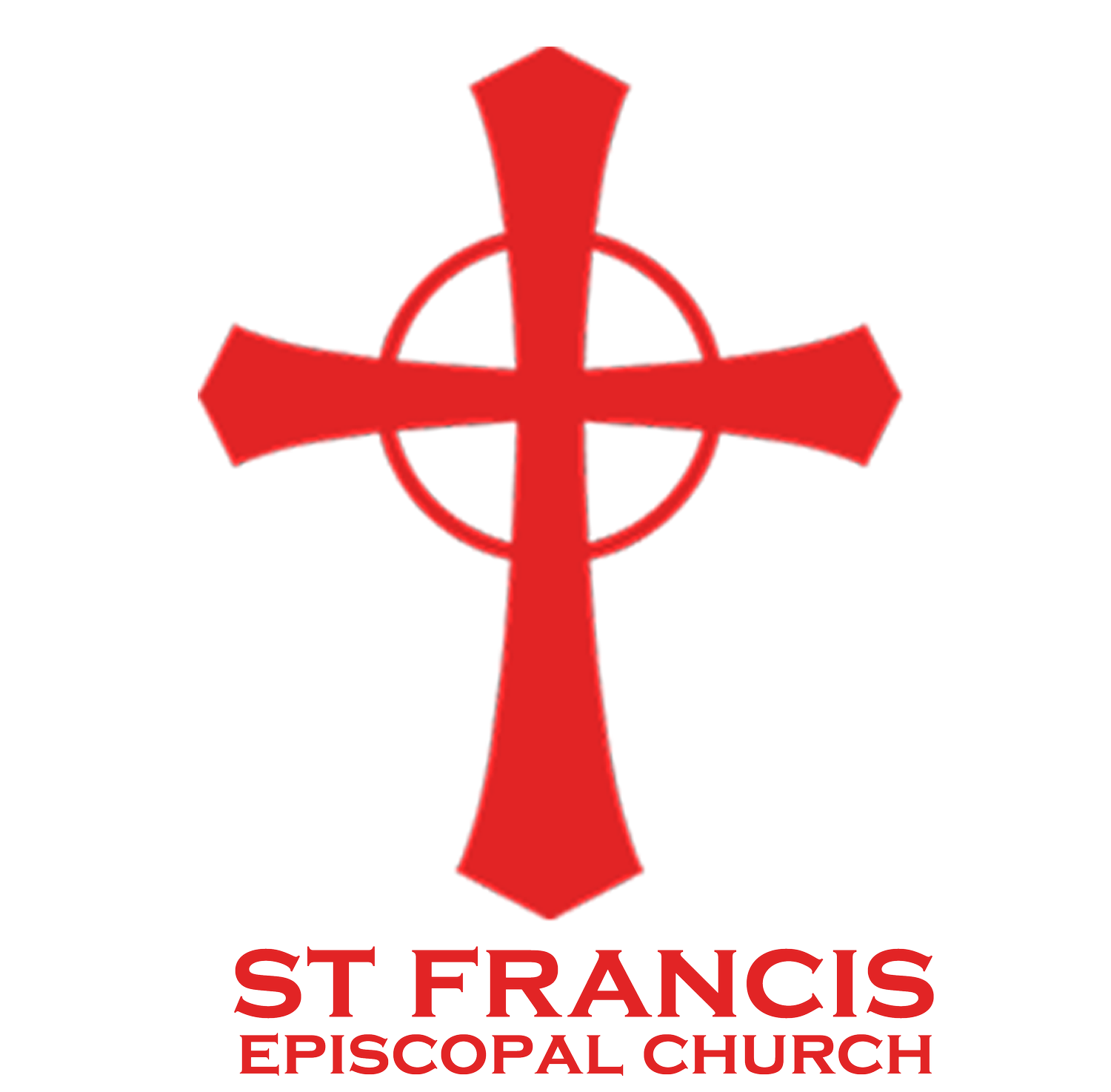Listen Up!
I know you like to be heard. When you eagerly want to communicate something, you endeavor to say it as clearly as you can. You want people to listen as actively as they can. We all know that language can be either a bridge or a barrier. If the message is poorly crafted—the style and content awkward—it goes nowhere. So, on one hand, if the language used is all wrong, what results is a barrier to understanding? On the other hand, when the right elements of communication are applied, language becomes a beautiful and effective bridge.
In the Acts of the Apostles, the fifth book in the New Testament, we hear a supernatural phenomenon described. Here God means to communicate, to start something new and significant. In the second chapter of Acts, we find a huge gathering in Jerusalem. It’s a religious occasion that takes place every year: Jewish pilgrims gather for the observance of Shavuot – a remembrance of the Law given by God to Moses on Mount Sinai. The Greek name for this festival is Pentecost—held fifty days after Passover.
Here is the description of this Pentecost, the first one after Jesus was raised from the dead and ascended to heaven:
When the day of Pentecost had come, the disciples were all together in one place. And suddenly from heaven there came a sound like the rush of a violent wind, and it filled the entire house where they were sitting. Divided tongues, as of fire, appeared among them, and a tongue rested on each of them. All of them were filled with the Holy Spirit and began to speak in other languages, as the Spirit gave them ability.
Now there were devout Jews from every nation under heaven living in Jerusalem. And at this sound the crowd gathered and was bewildered, because each one heard them speaking in the native language of each. Amazed and astonished, they asked, "Are not all these who are speaking Galileans? And how is it that we hear, each of us, in our own native language? Parthians, Medes, Elamites, and residents of Mesopotamia, Judea and Cappadocia, Pontus and Asia, Phrygia and Pamphylia, Egypt and the parts of Libya belonging to Cyrene, and visitors from Rome, both Jews and proselytes, Cretans and Arabs-- in our own languages we hear them speaking about God's deeds of power." All were amazed and perplexed, saying to one another, "What does this mean?" (Acts 2:1-12)
At a United Nations meeting or an international corporate conference, there are microphones, interpreters, and earphones. These aids allow each person to hear in their language the speeches being made, no matter what language the speaker is using. The Holy Spirit made this happen in one smooth uninterrupted process. Here, filled with the Holy Spirit, the disciples of the risen and ascended Christ declares God’s deeds of power. Along with the sound of a mighty wind rushing through, along with the sight of mysterious divine light over each disciple’s head, all assembled heard joyful pronouncements of God’s powerful deeds—with no language barrier.
Praises to God were heard and understood by each person present. The Spirit had eliminated barriers. By divine will, the beautiful sound and meaning of the believers’ declarations bypassed the language process. God sets up a bridge and surely says through this, “Listen up all; new life in God is come. Enter this life of the Holy Spirit.” Shall we?
